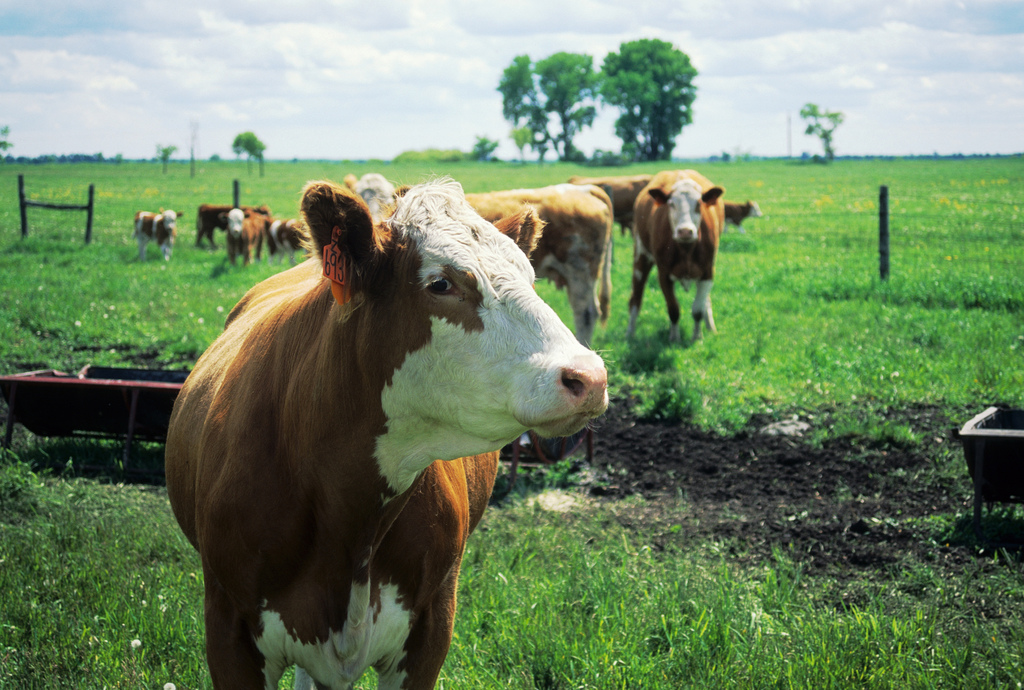What ranchers need to know about the official individual identification process
The Florida Cattle Identification Rule went live on September 4, which means all cattle operations need to understand the new requirements for cattle tagging. This rule came after years of discussion at over 60 public meetings between the Florida Department of Agriculture and Consumer Services’ Division of Animal Industry (DAI) and local cattle operations. The tag identification will help protect Florida’s cattle industry in out-of-state and international markets.
The purpose of the tags is to provide traceability for disease, according to Bridget Carlisle, Extension Agent III to the Livestock UF/IFAS Extension in Polk County. If a disease breaks out, the individual tags will allow the DAI to trace exactly where it came from and quarantine that cattle ranch, rather than the whole state. “In the ideal framework, it will help to minimize disease outbreak,” Carlisle explains.
Cattle aged 18 months or older being moved within Florida must be tagged with Official Individual Identification, and cattle owners can either purchase the tags and apply them, or have them applied at an approved tagging site. Metal tags, known as the National Uniform Eartagging System (NUES), can be received free of charge through the USDA by contacting the local district office of the DAI or calling (850) 410-0900. For plastic or radio frequency identification device tags, cattle owners should contact an animal health product supplier.
Cattle moving to approved tagging sites, straight to slaughter or to different land within the ownership of the same cattle operation do not require tags. At markets, cattle operators need to be aware that untagged cows will be automatically slotted for slaughter, which can greatly affect the price of the animals, Carlisle points out.
The rule comes in part due to pressure from international traders, Carlisle reports. The USDA first incorporated the rule and then made the states responsible for implementing it. “The countries that are importing our products— who we’re exporting to— are demanding that we have this traceability put into effect,” she states.
The DAI is offering education and outreach until it begins to enforce the new rule on November 4, 2014. Through the department, cattle operators can receive tag training sessions at markets and producer meetings, watch a PowerPoint complete with audio on the DAI website, and receive summary information at Agriculture Interdiction Stations.
For more information, cattle owners can contact Program Manager Stephen Moore at (850) 410-0944. Cattle ranchers can also visit www.freshfromflorida.com/Divisions-Offices/Animal-Industry/Florida-Cattle-Identification for further reading.

